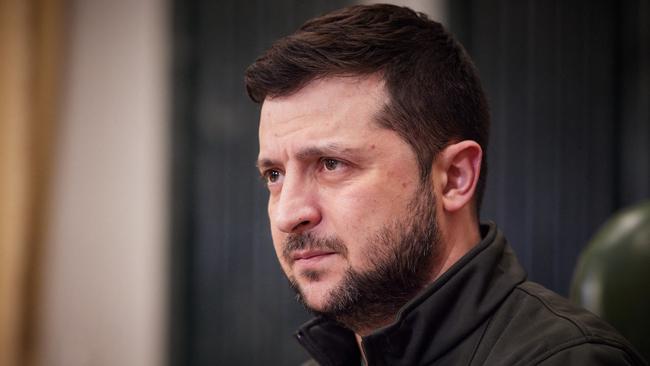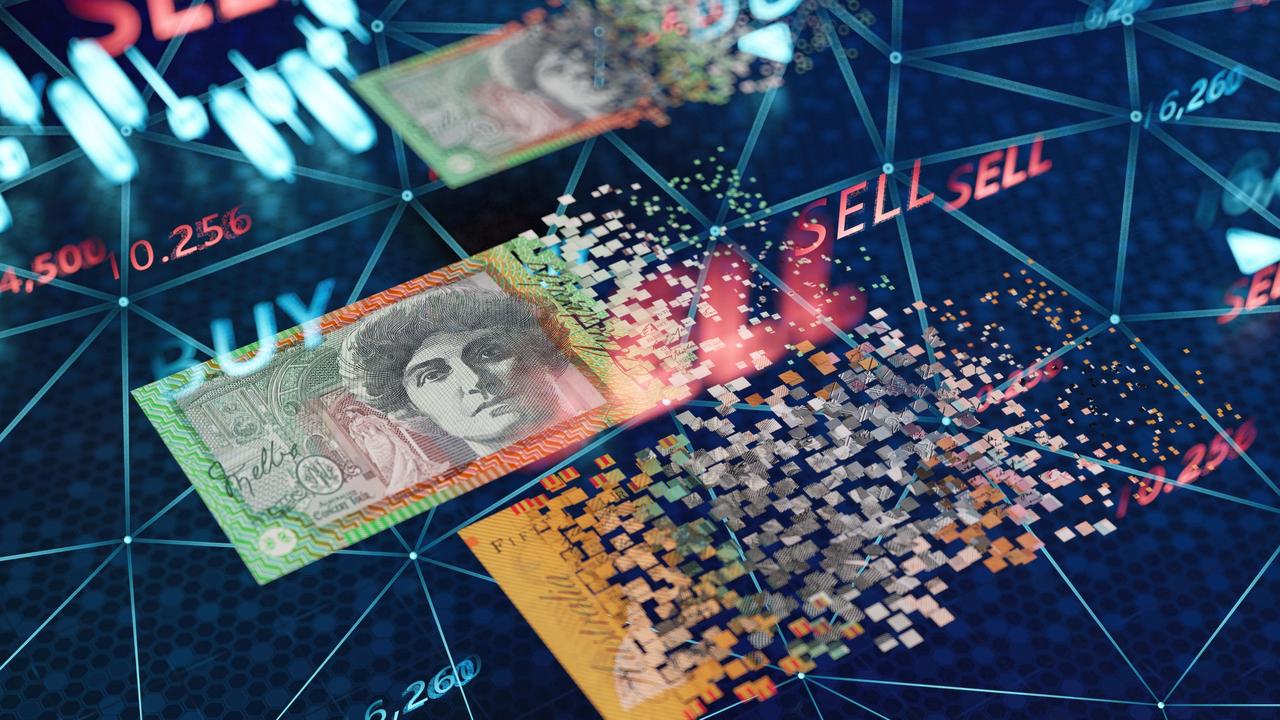We need strategic reality to match moral clarity

The forces of good and evil are clearly delineated in this real-time tragedy; and we, the spectators to a tragic war, are given licence to love and hate, to grieve and rejoice. Of course, there is not much cause for rejoicing now, in the war’s darkest days, but we hope for a time when the perpetrators will be brought to justice. We demand justice.
It has seemed for an age as if heroes have retreated from the world – gone into exile or at least early retirement. We experience heroism for the most part vicariously in fiction and film; one reason, perhaps, for the enormous success of The Lord of the Rings film franchise, which of course is an allegory of the kind of war the West has not experienced for 80 years.
JRR Tolkien himself explained his fantastical epic as a product of a youthful taste for fairy stories and a scholar’s enthusiasm for philology “quickened to full life by (the first world) war”.
In Volodymyr Zelensky the world has rediscovered a heroic dimension to the possibilities of human conduct. Heroes are, in essence, actors. Their heroism is an expression of the unbowed will.
It has been that way since the deeds of Homer’s Achilles, who willingly chose a glamorous death, first fixed themselves in the Western imagination.
Zelensky, whose wife Olena is a scriptwriter, once played scripted parts. In the course of this conflict he has grown, by a combination of wily extemporisation and moral courage, into the part of a steadfast hero and man of the people: a Trojan Hector, defender of his city.
Just as heroic, in its own way, are the actions of Russian journalist Marina Ovsyannikova, a Russian state television employee, who was detained and later fined after she interrupted a live news broadcast with an anti-war protest. With one fearless act of moral resistance Ovsyannikova, who has Russian and Ukrainian parents, managed to pierce the veil of official deceit that has, as she puts it, “zombified” an entire nation.
Then there are the nameless heroes: the victims of Russian artillery and missile strikes, of saboteur bullets. And the anti-war protesters in Russia itself.
We have, of course, our bad guy, our prince of darkness, in the hollow-eyed Vladimir Putin – a despot who aims to crush an entire nation; a civilisation.
This Manichean world order is something new, certainly in my lifetime. In the immediate aftermath of 9/11 a wave of sympathy and moral outrage also swept the world. But as the 9/11 attacks weren’t carried out by a great power with a nuclear arsenal – they were, on the contrary, inflicted on a great nuclear power – they don’t fit the same mould as the David and Goliath Ukrainian tragedy.
There is a danger, however, that this dizzyingly unfamiliar moment of moral certainty may translate into an excessive hardening, reinforced by moral outrage, of the West’s public posture towards Putin.
There are already signs, most conspicuously in US President Joe Biden’s “from the heart” labelling of his Russian rival as a “war criminal”, that we are entering a phase where politicians, empowered by popular sentiment, may feel emboldened to turn up the heat to the point of imprudence. How does Biden negotiate – a process that invariably involves the offer of concessions – with a criminal? How does the West allow a criminal to walk away from the war he provoked with territorial or strategic gains? How do we allow him to go unpunished?
Emma Ashford, a senior fellow with the New American Engagement Initiative at the Scowcroft Centre for Strategy and Security, recently alluded to this scenario in relation to the hardening of the West’s near collective response to Putin’s atrocities.
“We have seen the US position and the European position go further than I think we would have anticipated before this crisis started,” said Ashford, an advocate of realism in international relations. Sanctions had now escalated to the point where they constituted “a form of economic warfare more analogous to something we haven’t seen since the 1940s”.
The Western position, if anything, has hardened further this week; and in response Russia on Monday protested to US ambassador John Sullivan over Biden’s “war criminal” remarks, warning that relations between the two superpowers were at breaking point.
The West needs to tread a delicate path. Moral clarity is one thing. The strategic reality of dealing with a Russia that is bloodied, to some extent humiliated, but still potent, is another.



A curious feature of the Ukrainian catastrophe is that it is at once unbearably tragic and, from an onlooker’s perspective, morally centring. Russia’s unprovoked, unlawful and vicious invasion of an innocent neighbour has returned the free world to a state perhaps not experienced since the early days of World War II: a state of utter moral clarity.